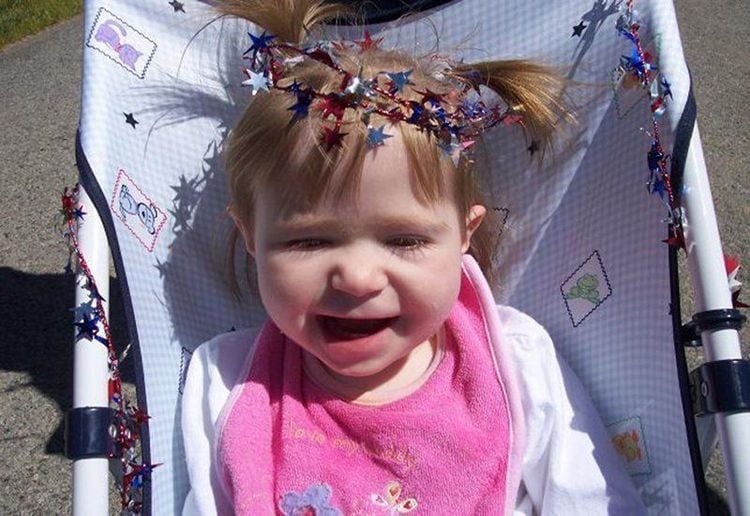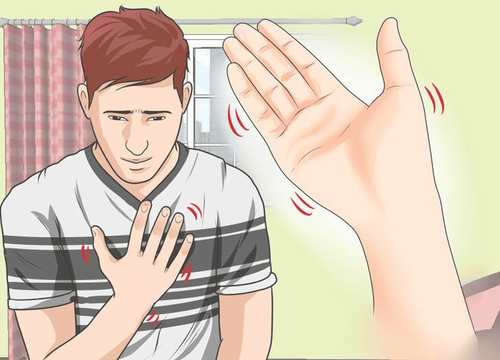This is an automatically translated article.
The article was written by Dr. Ha Thi Lien - Vinmec High-Tech CenterDeletion of 1p36 is a typical syndrome that causes problems with mental retardation. Most people with this syndrome cannot speak or speak only a few words. They may have behavioral problems such as biting themselves or getting angry...
Most of these people will have structural brain abnormalities, seizures occur in more than half of patients with this syndrome. People with the syndrome may also have muscle weakness and difficulty swallowing (dysphagia).
1. Characteristics of patients with 1p36 . deletion syndrome
People with 1p36 deletion syndrome usually have a small, short, and wider head to head size ratio (microbrachycephaly). People with the disease also have characteristic facial features such as deep eyes, straight eyebrows, midface hypoplasia, large nose; wide nose and mouth gap (philtrum); pointed chin; irregularly shaped ears.
People with 1p36 deletion syndrome may also have vision and hearing problems. Some people have abnormalities of the skeletal system, heart, digestive system, kidneys, or sex organs.

Mất đoạn 1p36 dẫn đến các vấn đề thiểu năng và chậm phát triển trí tuệ
2. Incidence
1p36 deletion syndrome has an incidence of about 1/5000 to 1/10,000 in neonates. However, this rate may be lower than it actually is because many people have the disease but go undiagnosed.
3. Cause
1p36 deletion syndrome due to partial loss of genetic material at position p36 on the short arm of chromosome 1. Signs and symptoms of 1p36 deletion syndrome may be related to loss of many genes located in the short arm of chromosome 1. that area. The size of the loss may be different in individuals with the disease.
4. Genetic factors
Most 1p36 deletions are not genetic. It results from chromosomal deletions that occur randomly during gamete formation (sperm or egg) or during early fetal development. Patients usually do not have a family history of the disease.
About 20 percent of people with a 1p36 deletion receive a partial loss from a parent who does not have the disease. In this case, the parent carries a balanced chromosomal translocation that causes no changes in the genetic material such as gain or loss.
Balanced translocation does not usually cause health problems however it can become unbalanced when passed on to the next generation. The offspring of these people will have an excess or a deficiency
Persons with 1p36 deletion syndrome who receive an unbalanced translocation will have a lack of genetic material on the short arm of chromosome 1 leading to postpartum effects and health problems characteristic of this syndrome.

Mất đoạn 1p36 do mất đoạn NST xảy ra ngẫu nhiên trong quá trình tạo ra trứng hoặc tinh trùng
5. Diagnosis and treatment
1p36 deletion can be diagnosed by molecular biology and cytogenetic techniques. Currently, there is no cure for 1p36 deletion syndrome. Treatments that can only help with symptoms include education, rehabilitation programs, anti-seizure medications, and treatment for heart, kidney, eye, hearing, or bone problems.
6. Other names for 1p36 . deletion syndrome
Deletion syndrome 1p36 Monosomy wing part 1p36 modern technology, but also outstanding with comprehensive and professional medical examination, consulting and treatment services; civilized, polite, safe and sterile medical examination and treatment space. Customers when choosing to perform tests here can be completely assured of the accuracy of test results.
Please dial HOTLINE for more information or register for an appointment HERE. Download MyVinmec app to make appointments faster and to manage your bookings easily.













